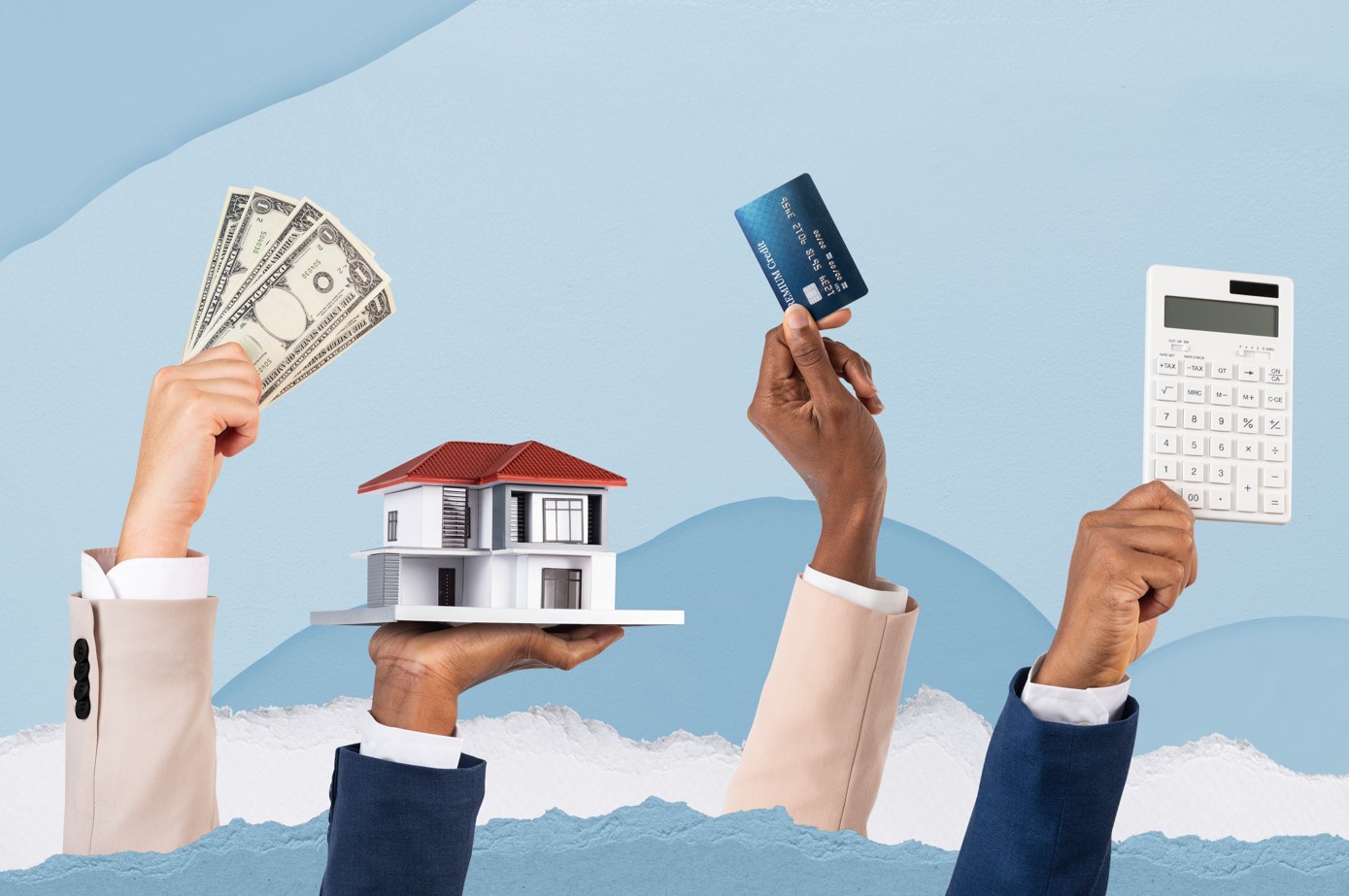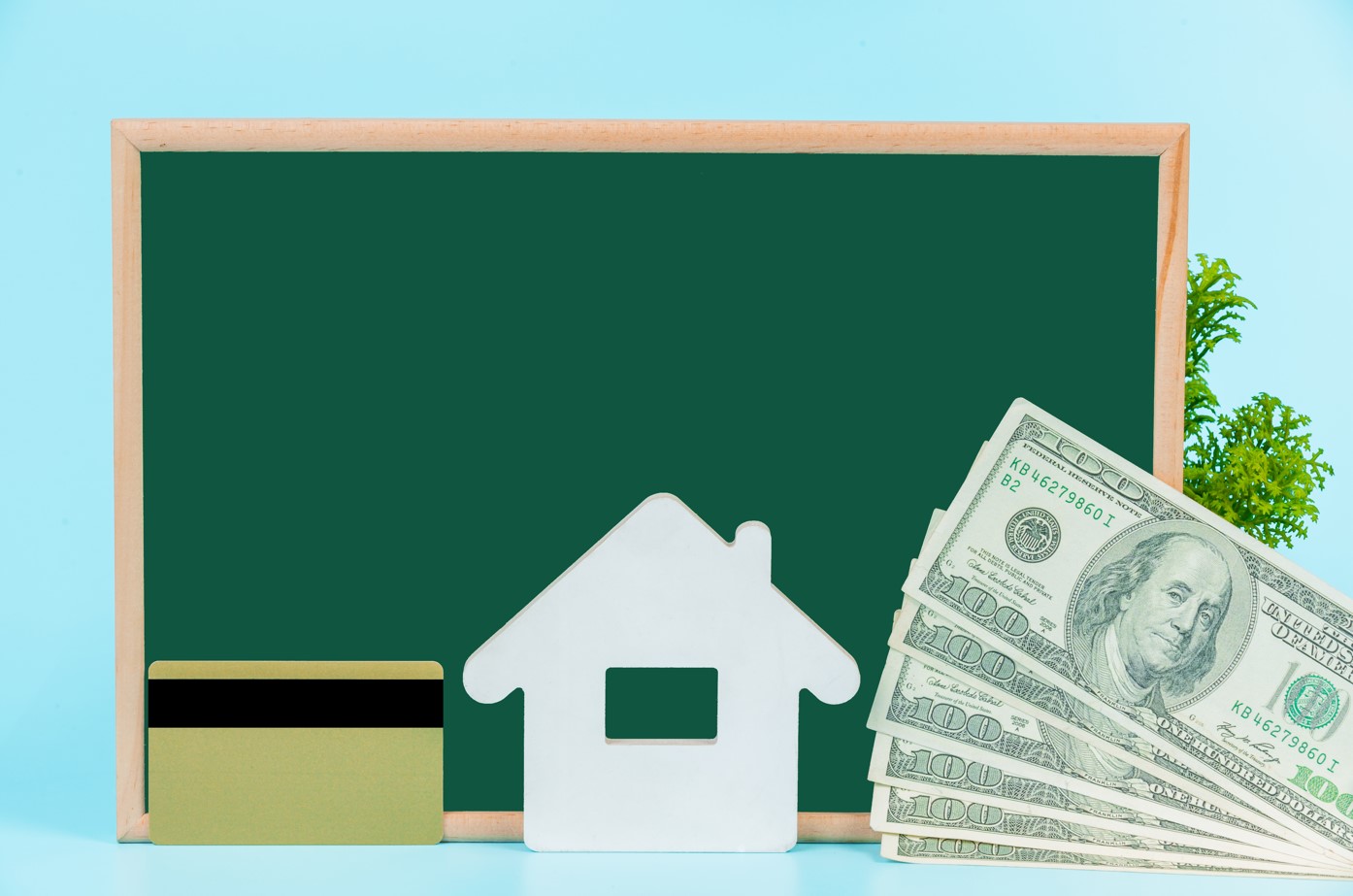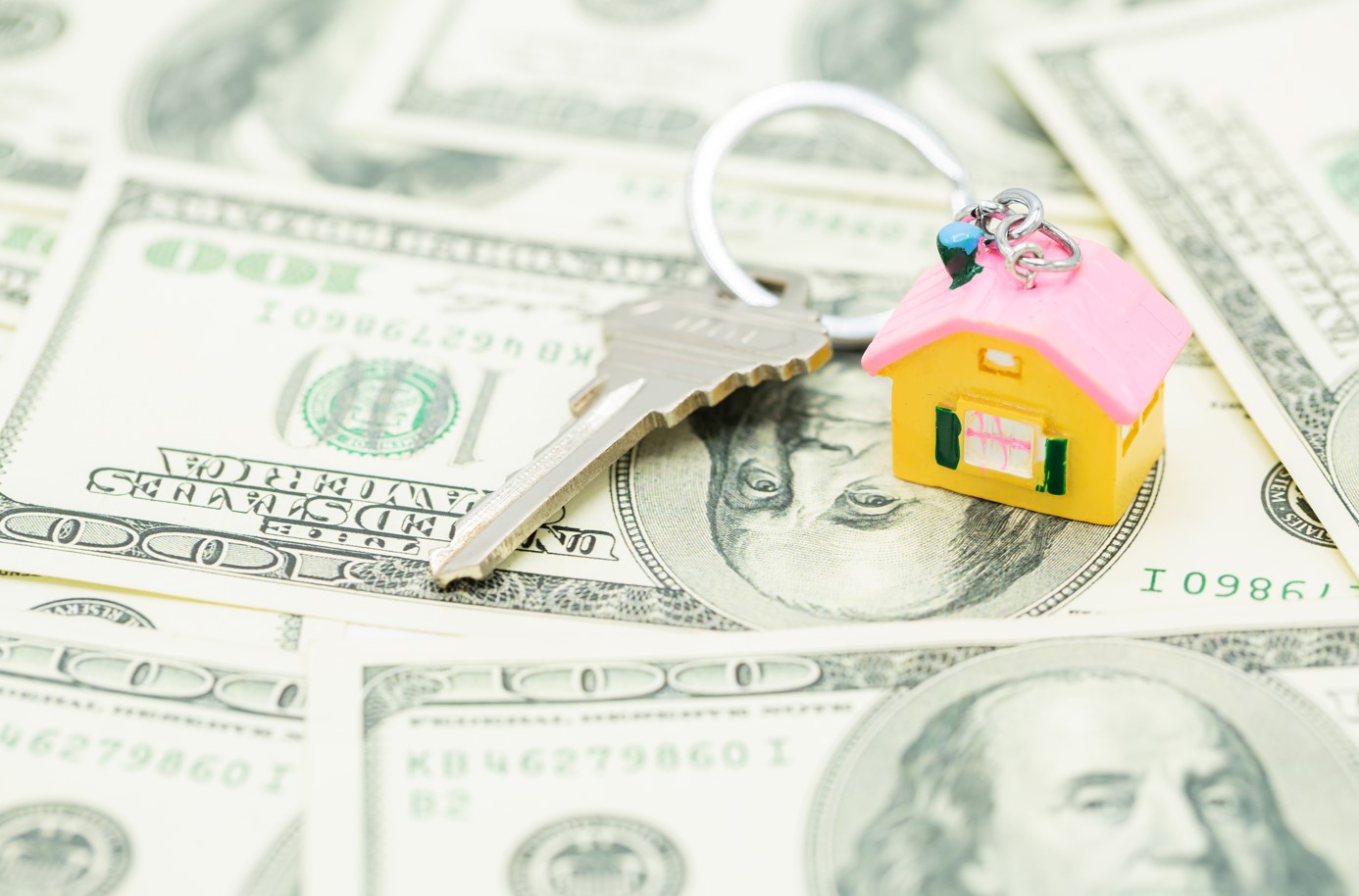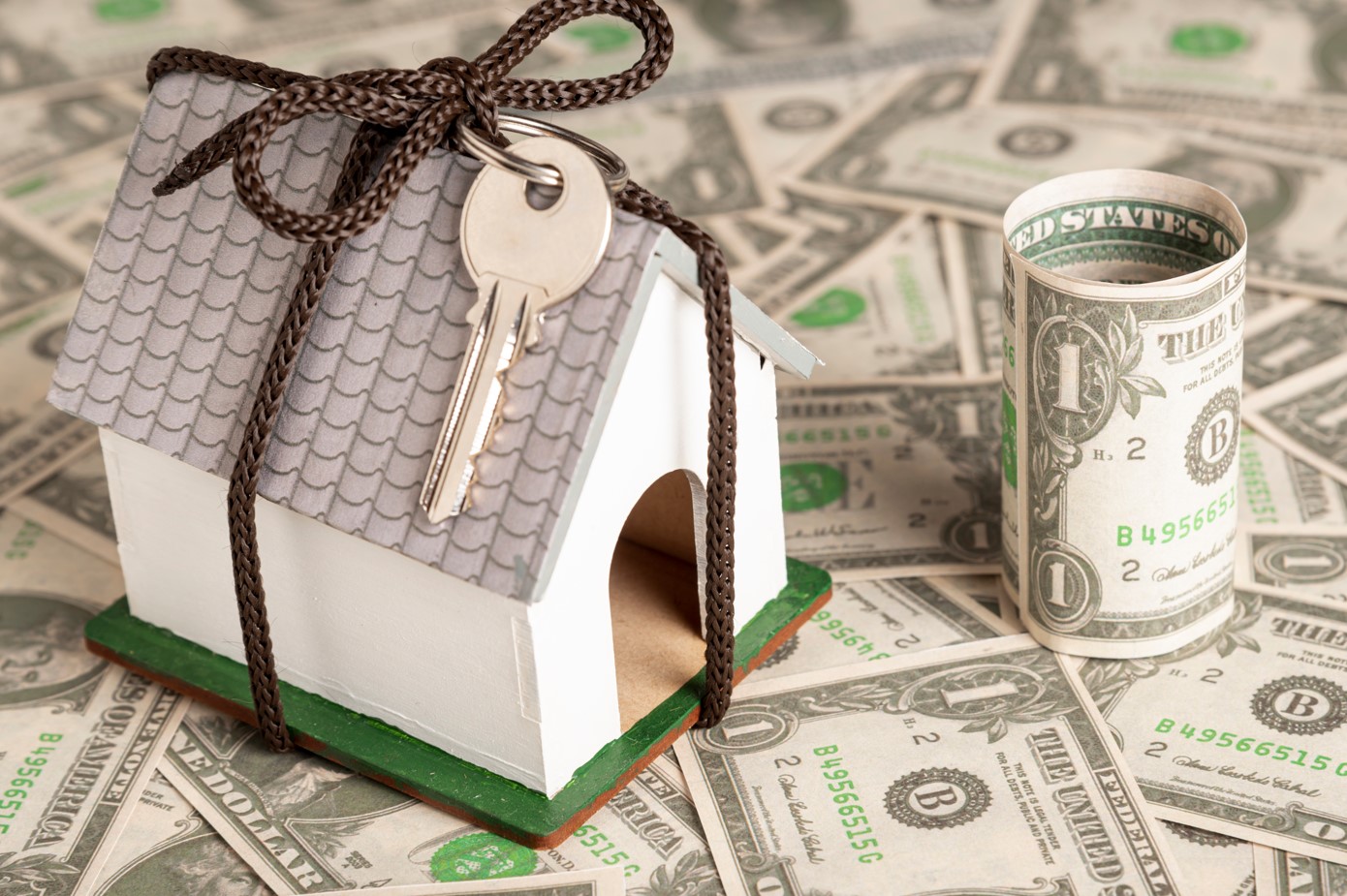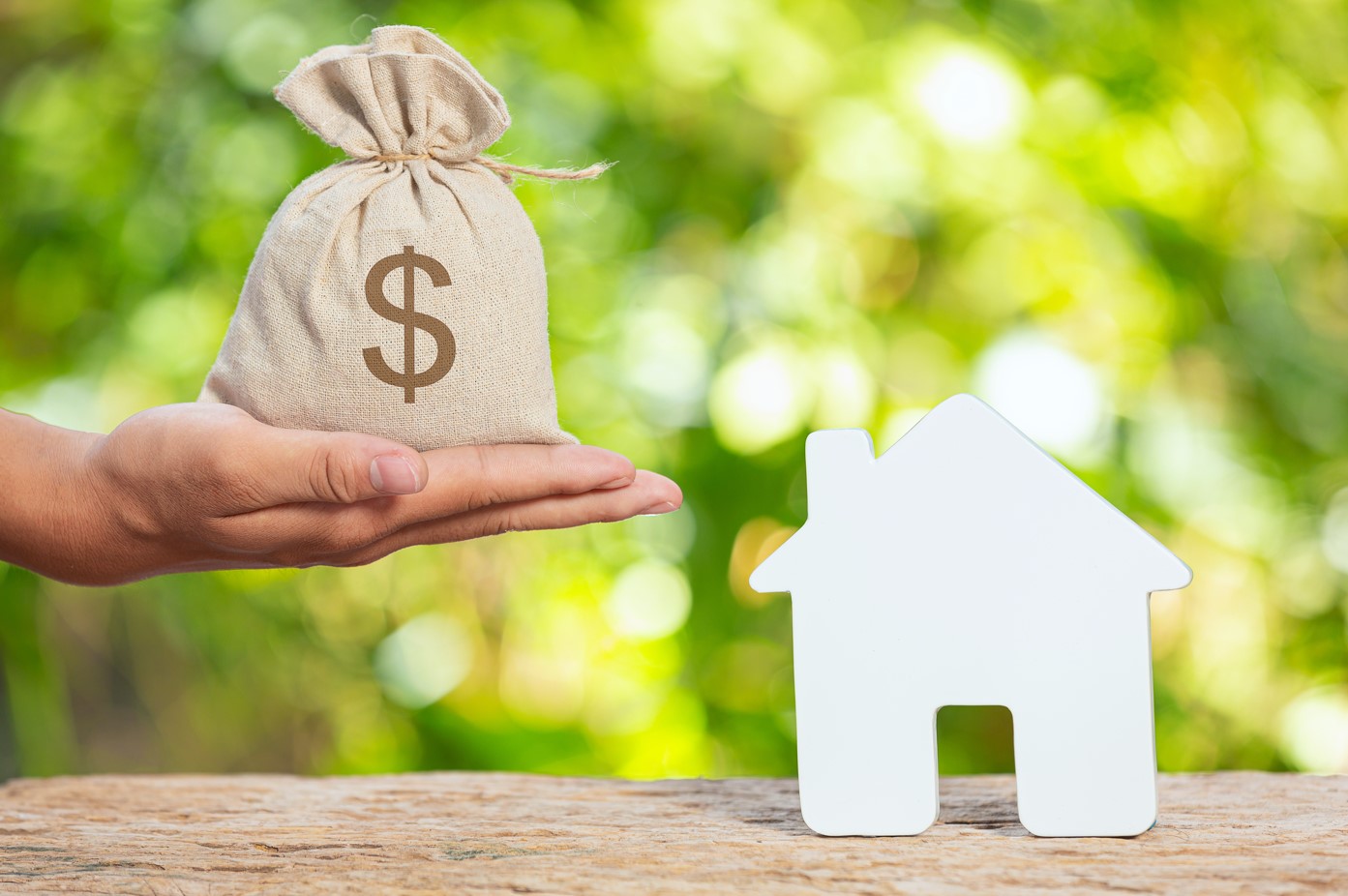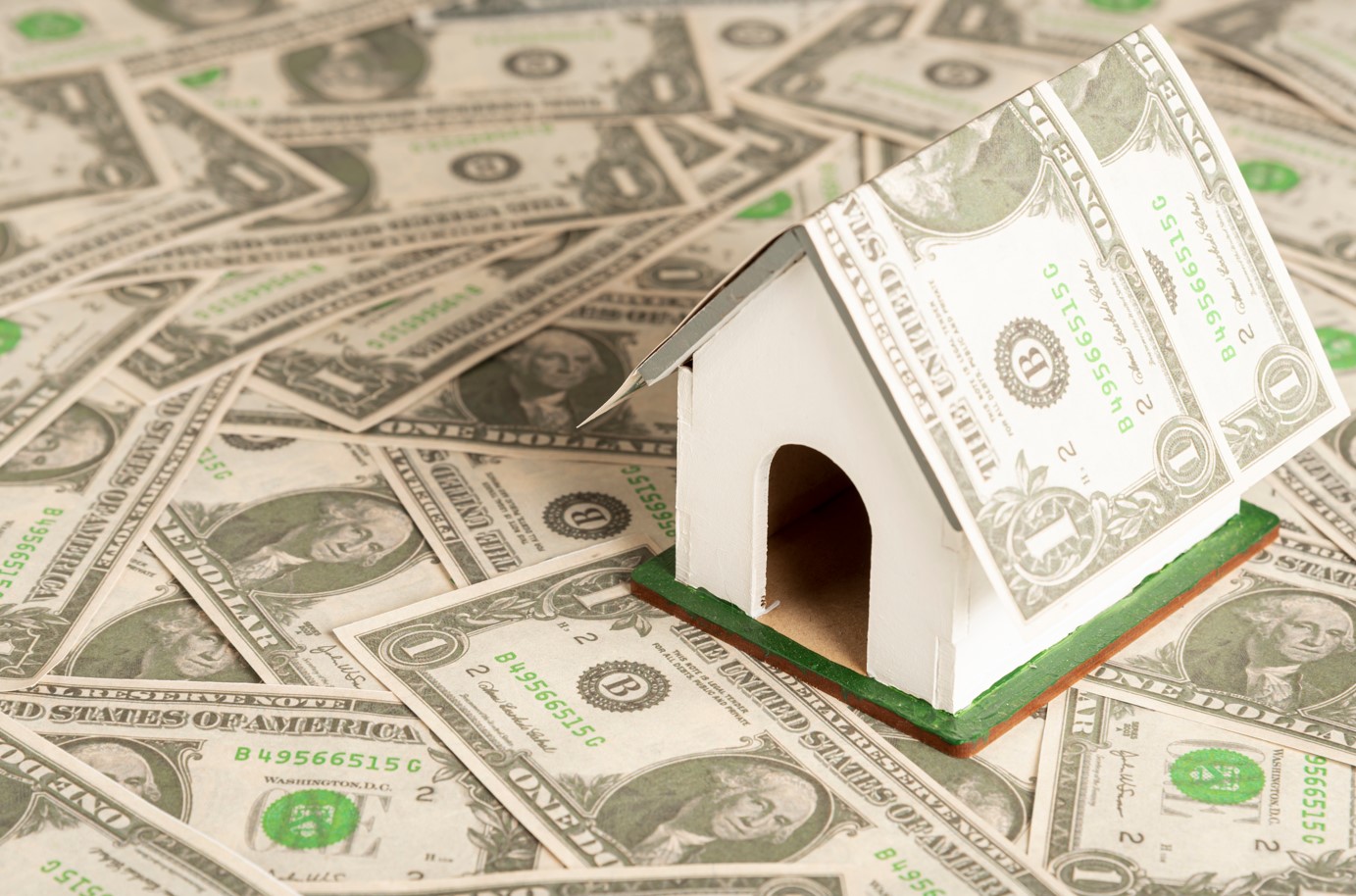Things To Check Before Qualifying for a Mortgage
A person would buy a new home for many reasons before selling the current one. So, to purchase a home, a person often wants to qualify for a new mortgage. It often becomes tough for a lender to trust you if you don’t sell your current house, so they often want you to sell the home first to qualify. They need the surety that you are financially sound to pay the mortgage, which includes the principal and interest amounts.
So, when you apply for a mortgage without intending to sell your current home, your situation may be more complicated. Lenders always think that a borrower balancing two mortgage loans is nerve-wracking. Due to this fear, a lender may hesitate to approve a second mortgage if the borrower is not financially stable. This is especially true if the first mortgage is relatively small compared to the second one. Lenders want to ensure borrowers can easily afford both payments and will not suddenly experience increased debt payments.

How Do You Qualify?
You know how challenging and stressful the process of selling a house is. If you take the time to qualify for a mortgage before putting your home on the market, you can streamline the process and avoid any stressful surprises.
You’ll need a good credit score and a steady income to qualify for a mortgage. You must also provide proof of your financial background, which the lender must know. You need to satisfy the lender by showing them your monthly income and debts, which is how they determine if you can easily afford the monthly mortgage payments.
If you have significant debt obligations or low income, it may be challenging to qualify for a mortgage, even if you have enough money saved up for a down payment and closing costs. Speaking with a real estate agent who can assess your situation and advise you on how best to finance your new home purchase is recommended.
The idea of qualifying for a mortgage before selling a house is to ensure that the total monthly housing payment you can afford meets the lender’s requirements; this includes the principal, interest on the loan, taxes, and insurance.
If your gross income is not higher than the minimum amount that the lender will accept, you may be required to come up with additional funds (known as Affordable Housing Contributions) to cover some of these costs. This could mean putting down more money on your own, or finding a way to get a lower interest rate on your mortgage.
If you’re considering selling your home soon, qualify for a mortgage first! This will help ensure that you’ll get the best possible deal on the house and avoid paying too much in interest rates.
First
Make sure to have your finances in order. You’ll need to have a down payment and your credit score ready to go before you can qualify for a mortgage.
Second
Be aware of the closing costs associated with selling your house. These include appraisal fees, title insurance, and legal fees.
If you’d like to avoid paying these costs yourself, you may want to consider using a real estate agent.
Finally
It’s critical to understand the type of mortgage you are eligible to obtain.
Different types of mortgages cater to different needs and budget restrictions. Talk to a lender about the loan that is right for you.
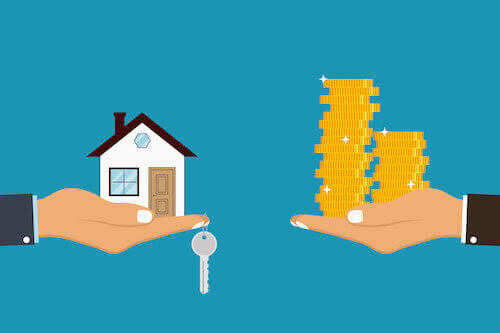
Buying in Cash vs. Mortgage
When choosing whether to purchase a house with cash or a mortgage, you must carefully weigh both pros and cons. The most significant advantage of buying in cash is that you won’t have to pay any mortgage fees or interest payments until you sell the house. By doing this, you could end up saving a lot of money down the road.
Another crucial factor in selecting whether to purchase or borrow a property is how long you want to live there. Moreover, a mortgage may be a wiser option if you stay in your place for more than five years.
Risks Associated with Two Mortgages
There are risks associated with having two mortgages. For example, you may end up owing more than your home is worth in case of property devaluation. However, it would help if you managed it with proper planning so that you don’t face harsh situations.
Additionally, if your salary drops, it can be difficult for you to make two mortgage payments. The most significant risk is foreclosure if you fail to pay mortgages. In an extreme case, your lender can even take legal action against you if you default.
However, if you plan wisely and consider all ins and outs of the mortgages, you can deal with both mortgages better. It would help to have a sound financial plan to mitigate the risks. Therefore, you must take this significant financial decision wisely, as having two mortgages may, only sometimes, be advisable. If either mortgage defaults, the other may also be at risk. Maintaining your current loans and monitoring your credit score is essential to acquiring the best rate.
If you sell your house before you repay the loan, you should be pre-approved for a mortgage. To be eligible, make sure that all of your loans are current. You should also routinely check your credit score to ensure you receive the best prices. With a mortgage, you could be sure to get the most effective rate, and the closing would go as smoothly as possible.
Speaking with a mortgage lender to figure out what’s possible and your borrowing limits can be helpful. And, of course, remember that a mortgage should only be one part of your overall planning – make sure you have enough money to cover other costs, such as closing costs and repairs, if necessary.
Tips for Qualifying for a Mortgage Before Selling Your House
You must make a down payment on your second home to qualify for a mortgage loan. This is usually done through savings and borrowing money from the bank. Your money will depend on your credit score, the mortgage interest rate, and whether you are qualified for a government-backed loan.
People who don’t have enough money to put a down payment on a house have a few options:
Home equity line of credit
You can use a home equity line of credit (HELOC), which allows you to borrow up to the available amount if you still have your first mortgage and wish to be eligible for the next one. This option can be helpful if you want to make a down payment on a new home and need extra cash. It would help if you had a HELOC before selling your house to use this option.
HELOC is a loan that lets homeowners borrow money using the value of their properties as collateral. Although the HELOC typically has a higher interest rate than a conventional mortgage, you must repay the loan within a set timeframe, typically a year or several months.
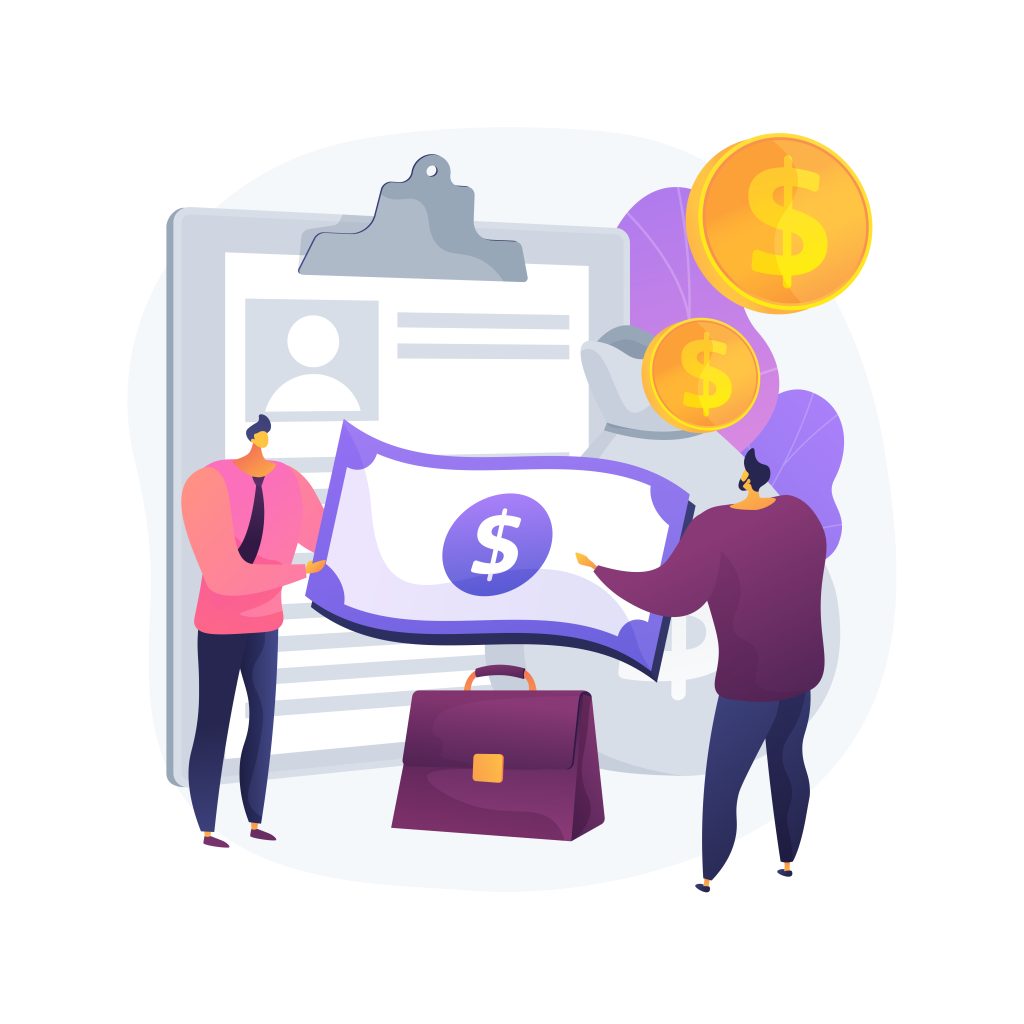
Consider a bridge loan
Your new house might be yours with the aid of a bridging loan. A bridge loan enables you to borrow up to 80% of the value of your home, which can help you reduce the amount of money you need to borrow to purchase a home.
A bridge loan can also give you the money you require to pay off your current mortgage and contribute to the down payment on your new house.
Make sure that your monthly mortgage payments equal or exceed the entire bridge loan amount to qualify for one. Additionally, ensure that you have enough equity in your home to qualify for a bridge loan. If these conditions are satisfied, contact a lender to get a bridging loan.
Before selling your home, you might be eligible for a mortgage. Check with your lender, but if you meet all the requirements and maintain a good credit score, you might get pre-approved for a loan before selling your home. If you can qualify for a low-down-payment conventional mortgage as your second loan, you can borrow more money for your new home purchase, which could mean paying less interest overall, and being able to close on your new home sooner.
Conclusion
A second mortgage can be ideal when you are prepared to sell your house but want to preserve your equity. You can use a second mortgage to purchase a property, outright, or to pay off your current one. You must have both a strong credit rating and a consistent source of income to be approved for a second mortgage.
Consider speaking to a lender about getting ready for a second mortgage if you have problems obtaining a conventional loan.
At Selling.House, we understand that each homeowner’s situation is unique, and we’re here to provide a solution that suits your needs. No matter the size or condition of your house, if you are curious about selling your house, rather trying for a second mortgage, we are prepared to promptly make you a cash offer.
Contact our friendly team today if you’re ready to experience the benefits of a hassle-free home sale.


